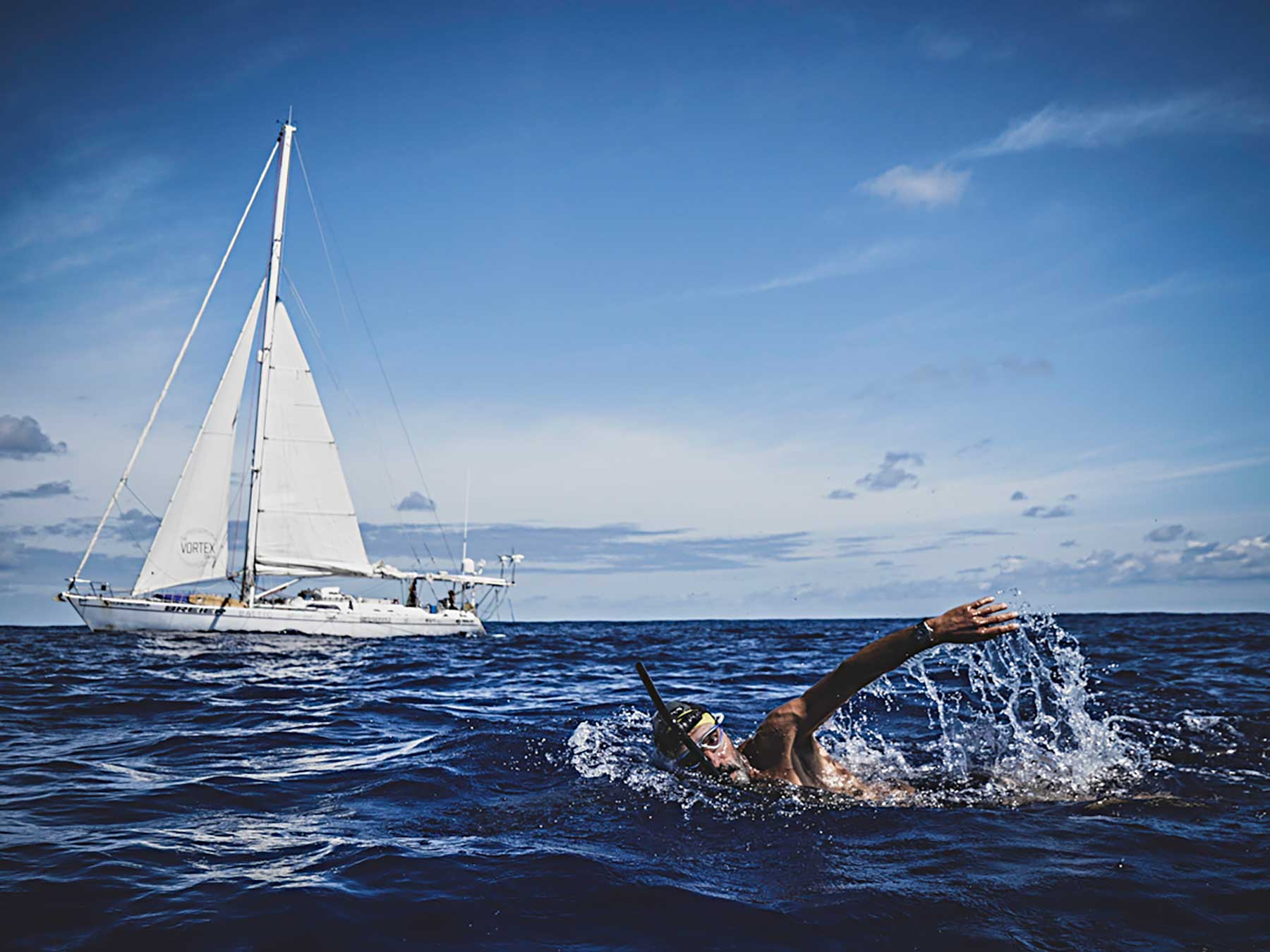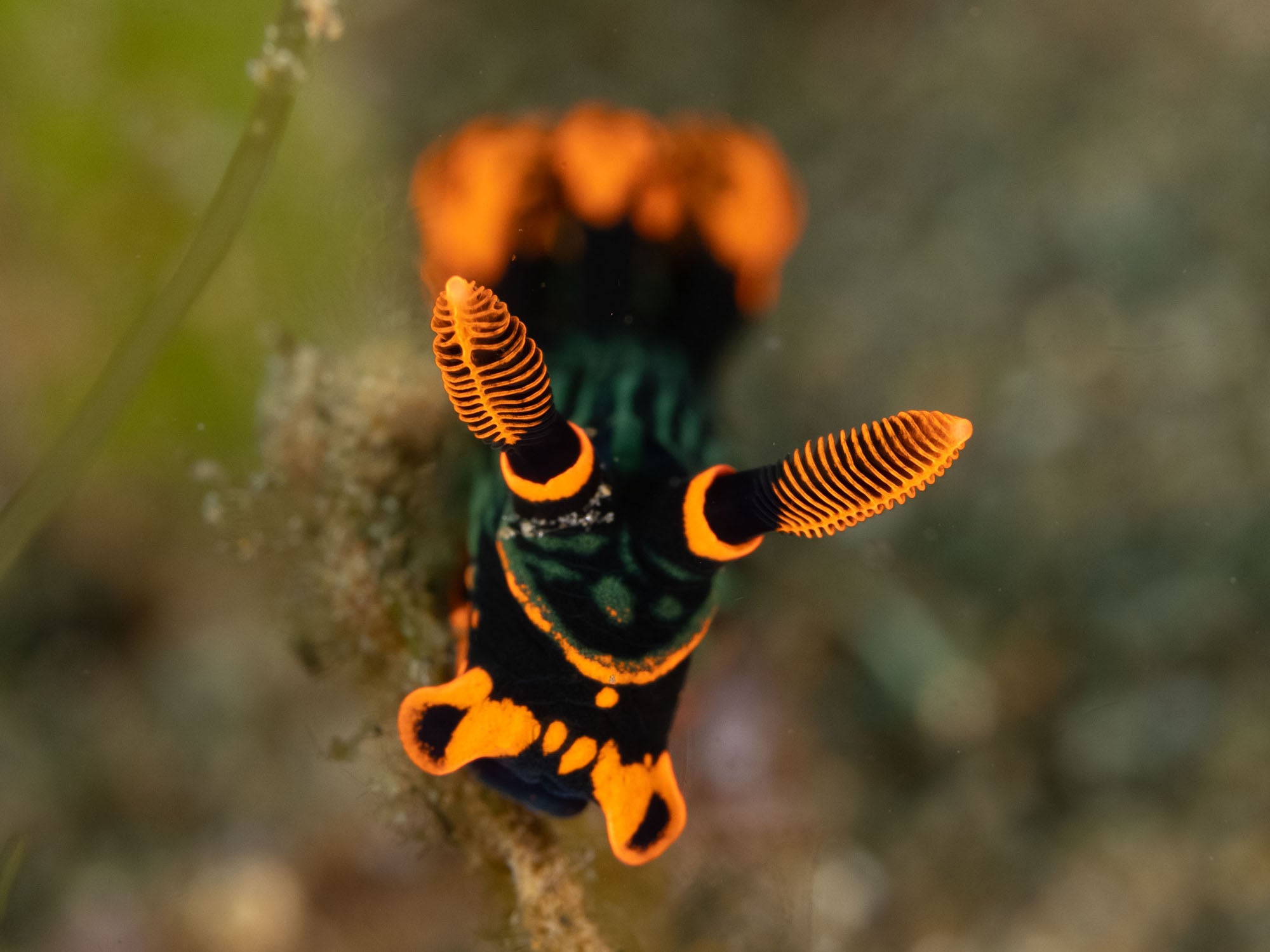By Robert Stubbs
My name is Robert Stubbs, but most people know me as Stubby. I have been diving since 1974. I became an instructor in 1978 and have certified over a thousand students since then. In this video, I'm going to walk you through everything you should need to know to become a certified diver. If you're more of a reader, scroll down to learn more.
Why get SCUBA certified?
Over 80% of the world is covered by water. The terrain underwater is vast, varied, and teeming with life. Scuba diving is a hobby that can take you anywhere and can be enjoyed at any age or fitness level. Join a diverse community of outdoor enthusiasts with a passion for travel, exploration and connection.
Why complete open water training?
Nearly every dive operation around the world requires you to present a scuba certification before you can rent scuba tanks, get air fills, or dive with their company. Scuba certification is a first step in safely engaging in the sport of recreational diving.

Scuba diving can take you to amazing places, introduce you to likeminded people, and create new opportunities in your life.
Who are the certification agencies?
There are several different agencies including SSI, PADI, and NAUI. They all do the same thing and their training follows a similar course.
What does scuba certification get you?
Open water scuba certification indicates that you have completed the training to handle the kinds of situations you may encounter at recreational scuba depths up to 130 feet or 40 meters. A ‘C-Card’ as we call it never expires, though some dive operations will require a refresher course if you haven’t been active in diving recently.

In pool sessions you will practice all the skills you'll need when diving, like how to clear your mask, communicate with a dive buddy, and practice neutral buoyancy.
Physiology of Scuba Diving and Classroom Skills
Most programs are divided into an online or classroom portion and a pool portion.
It’s interesting that your body actually operates differently when you spend time under water pressure. You are swimming around normally and breathing regular compressed air out of your scuba tank, but internally there are some new processes going on. In the classroom you will learn the physiology of scuba diving, the signaling, how to read a dive computer, and how to react in a wide variety of emergency scenarios.
In the pool you will have an opportunity to practice these concepts. Practice underwater is the best way to develop confidence and familiarity with the skills you may need as you embark on your diving adventures. Most often the pool work is divided into five sections.

The open water portion of your certification typically consists of at least four dives in an open body of water, usually completed over two days.
Final Exams
Once you’ve finished your course work, there’s still one more step before certification. You need to complete a final exam and your open water certification dives. The open water dives are completed in a body of water like ocean, lake, or quarry. You don’t need to be nervous - the instructor will be present with you at all times and you’ll practice exactly the same skills you already worked on in the swimming pool.
Many divers complete their open water certification locally with the same instructor who taught their class. Or if you’re getting ready to travel for scuba diving, you may be able to complete your certification at your destination. Check with the destination in advance and ask whether they offer referral certifications from the agency you chose for your course work.
What’s next?
Stay tuned for part two of this series to hear from some of my newly certified divers and how they felt going from the pool to open water in their scuba diving journey.

In addition to his roles at Ikelite, Bob Stubbs - or "Stubby" as many know him - has certified over 1,000 new divers over the past 45 years. Stubby and his wife, Rhonda, frequent Bonaire and Florida as some of their favorite dive locations. When he's not in the water diving or teaching students, you can catch Stubby topside spending time with his family and friends or practicing lunar photography.
Additional Reading
The BEST Piece of Advice as a Beginner Underwater Photographer [VIDEO]
My Journey from Underwater Stills to Video
6 Ways You and Your Kids Can Help Save the Sharks
What I Wish I Knew When I Started in Underwater Photography [VIDEO]
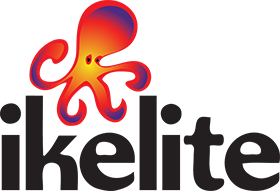
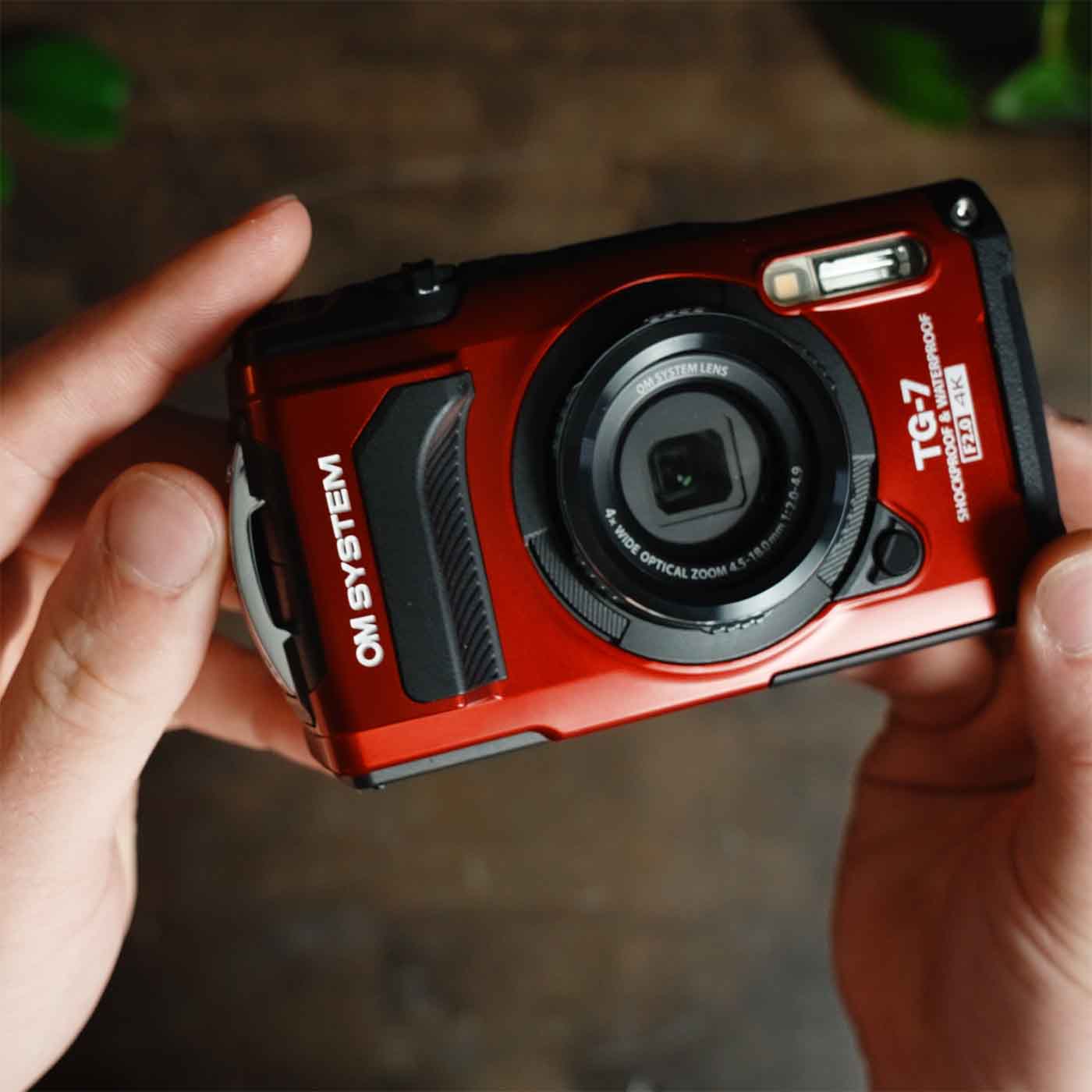
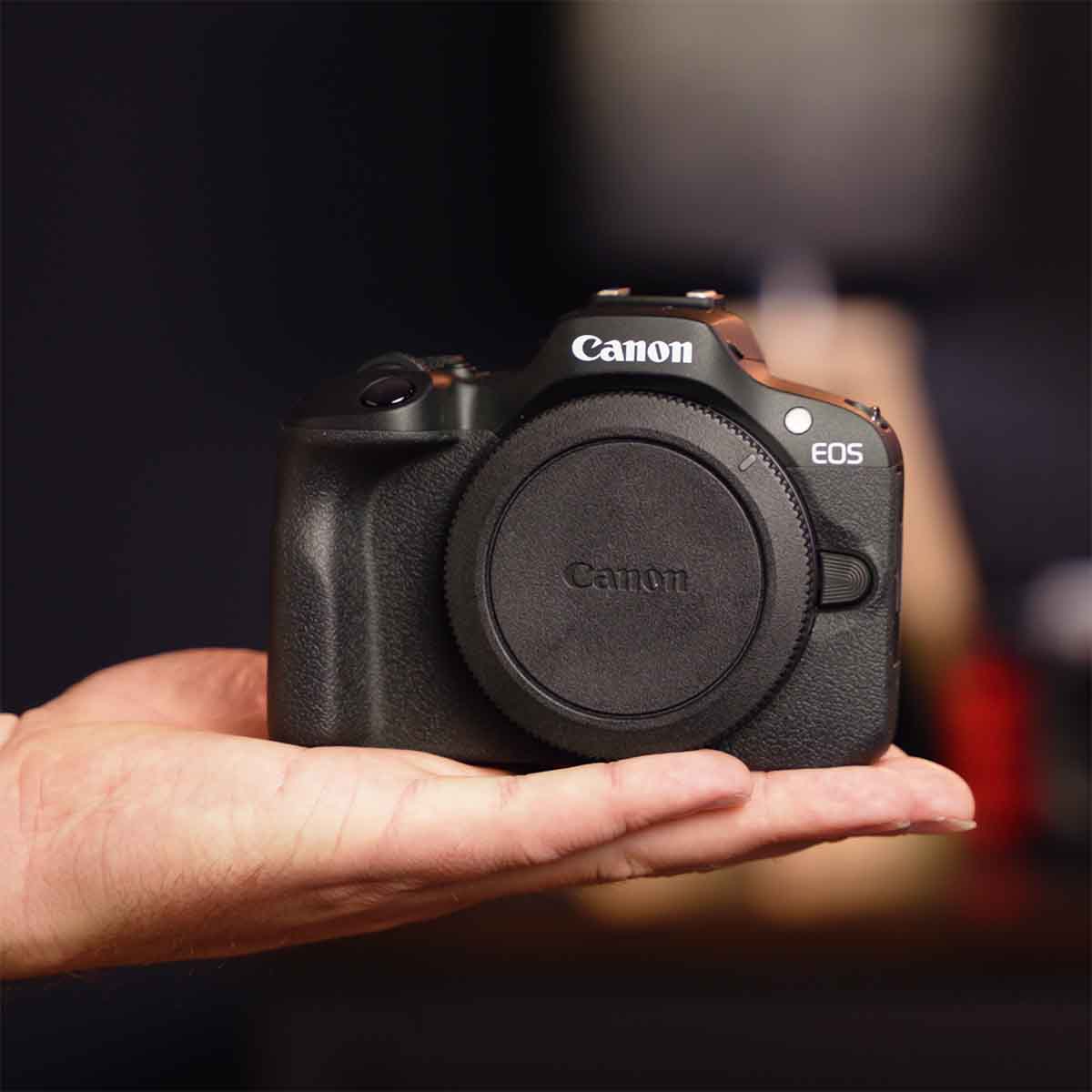
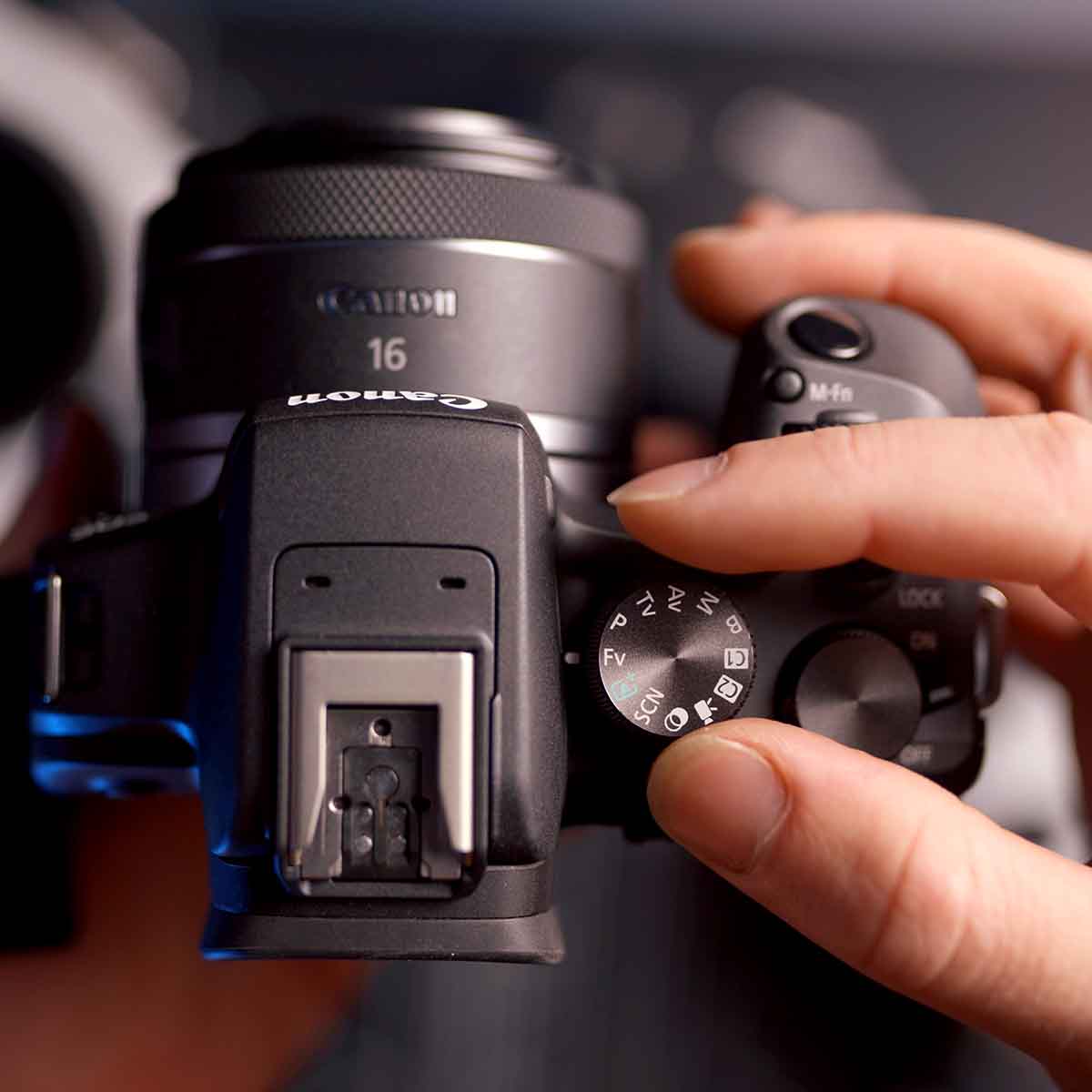
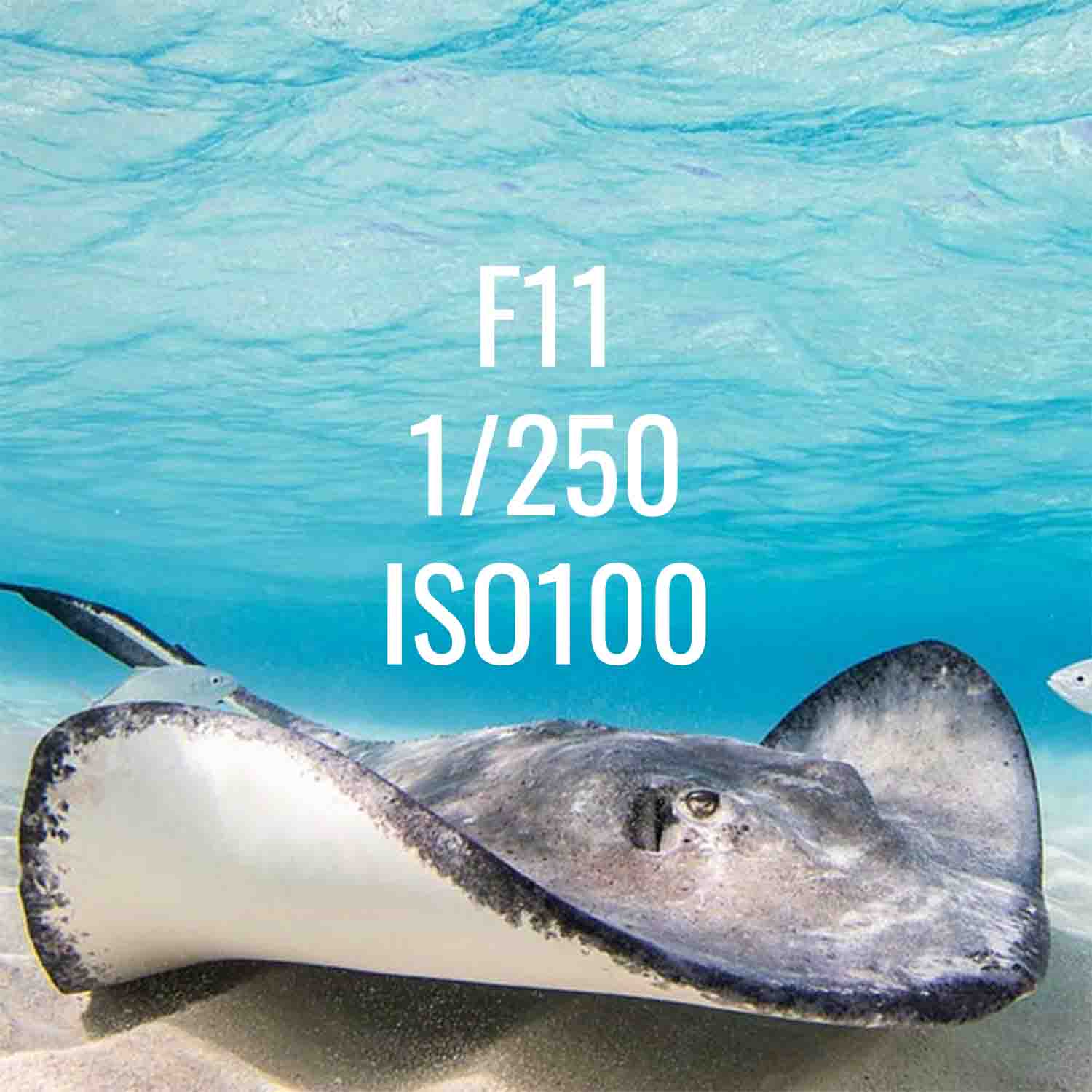
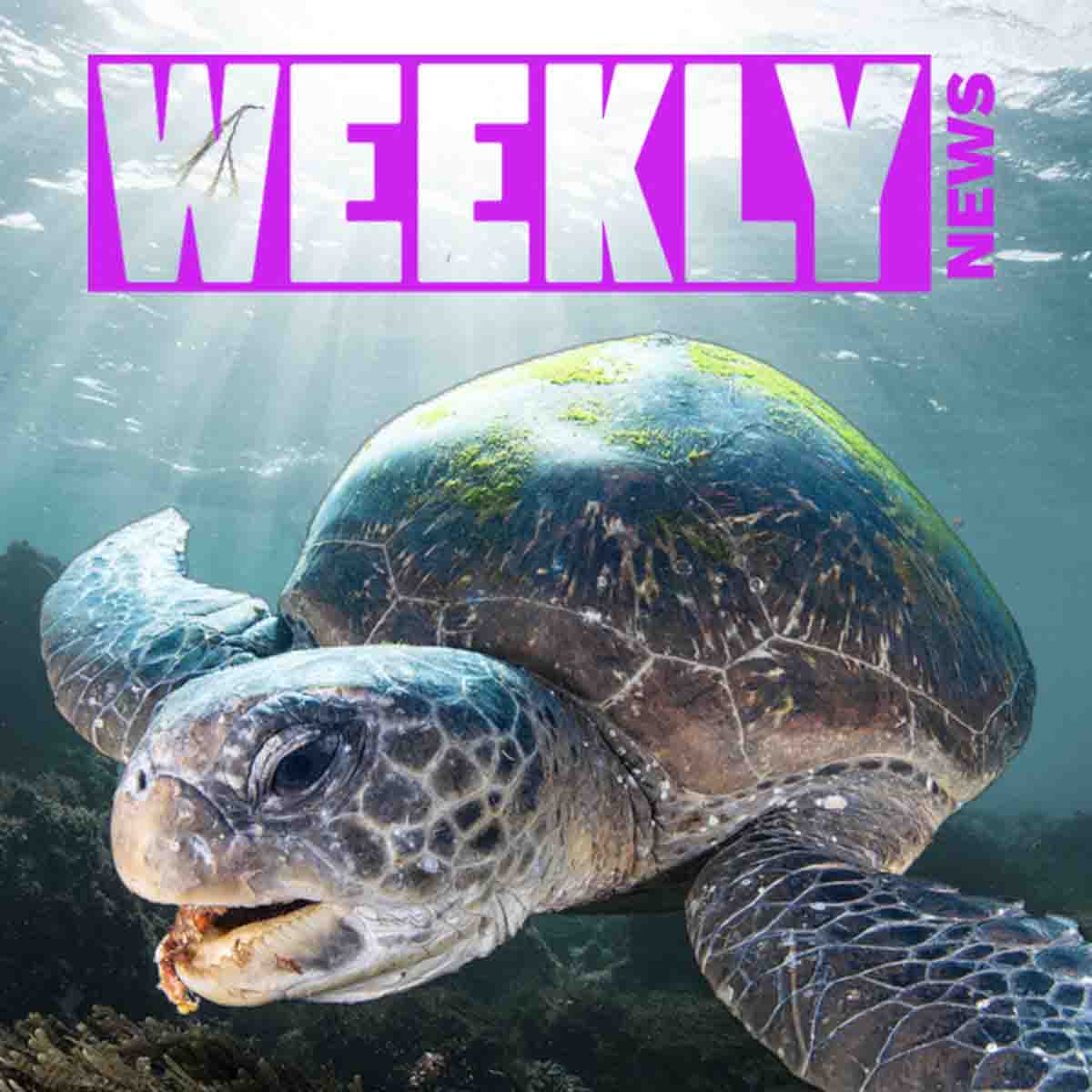
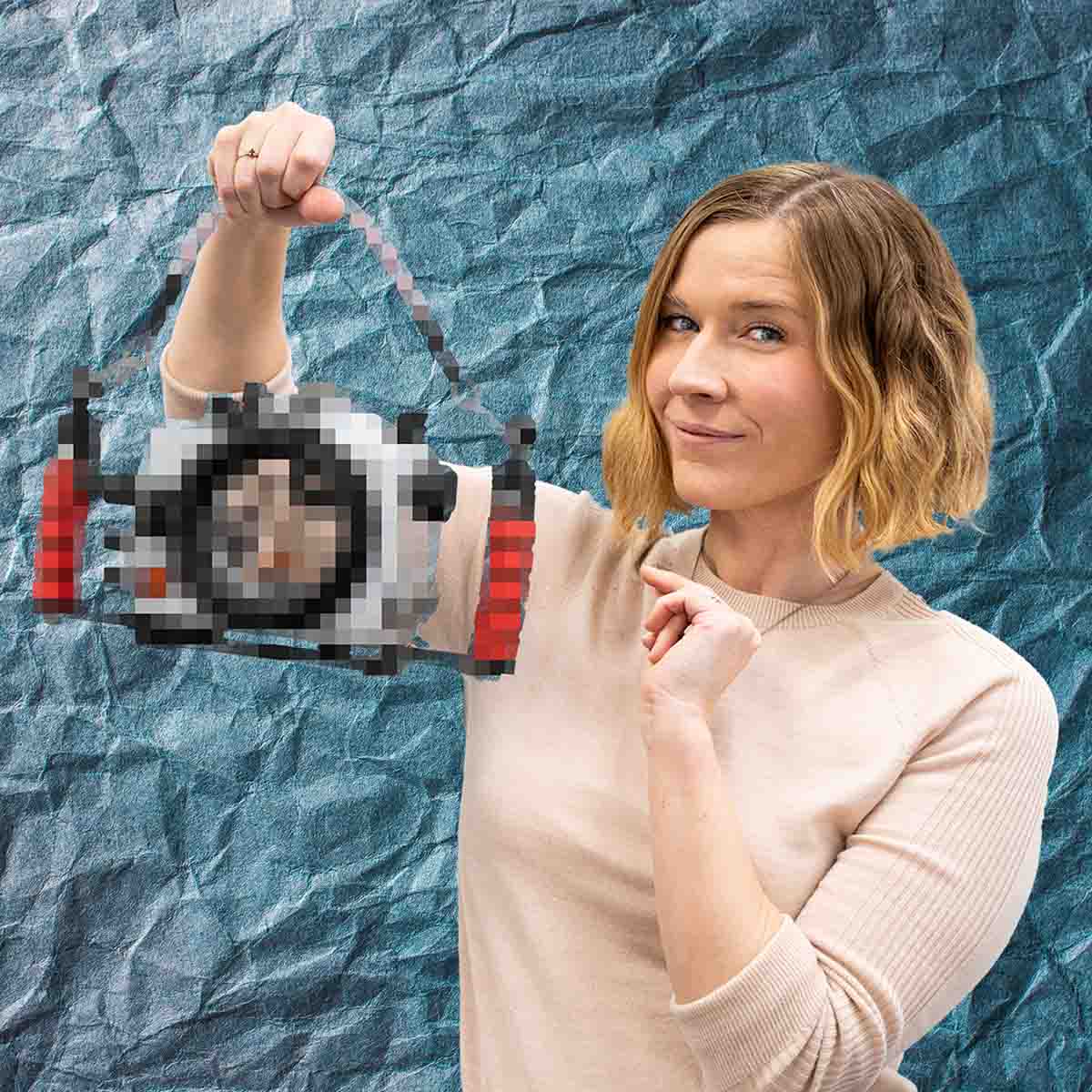
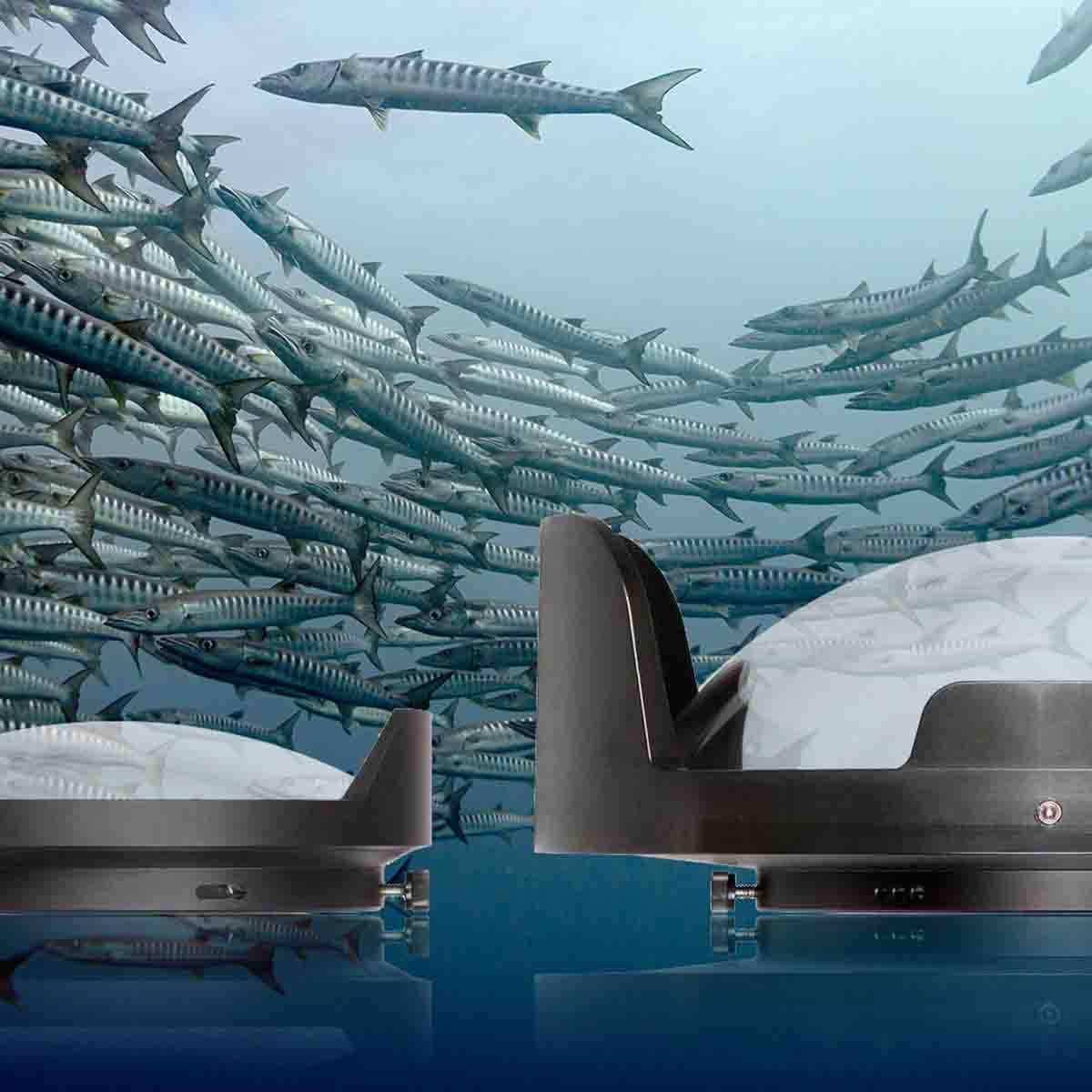
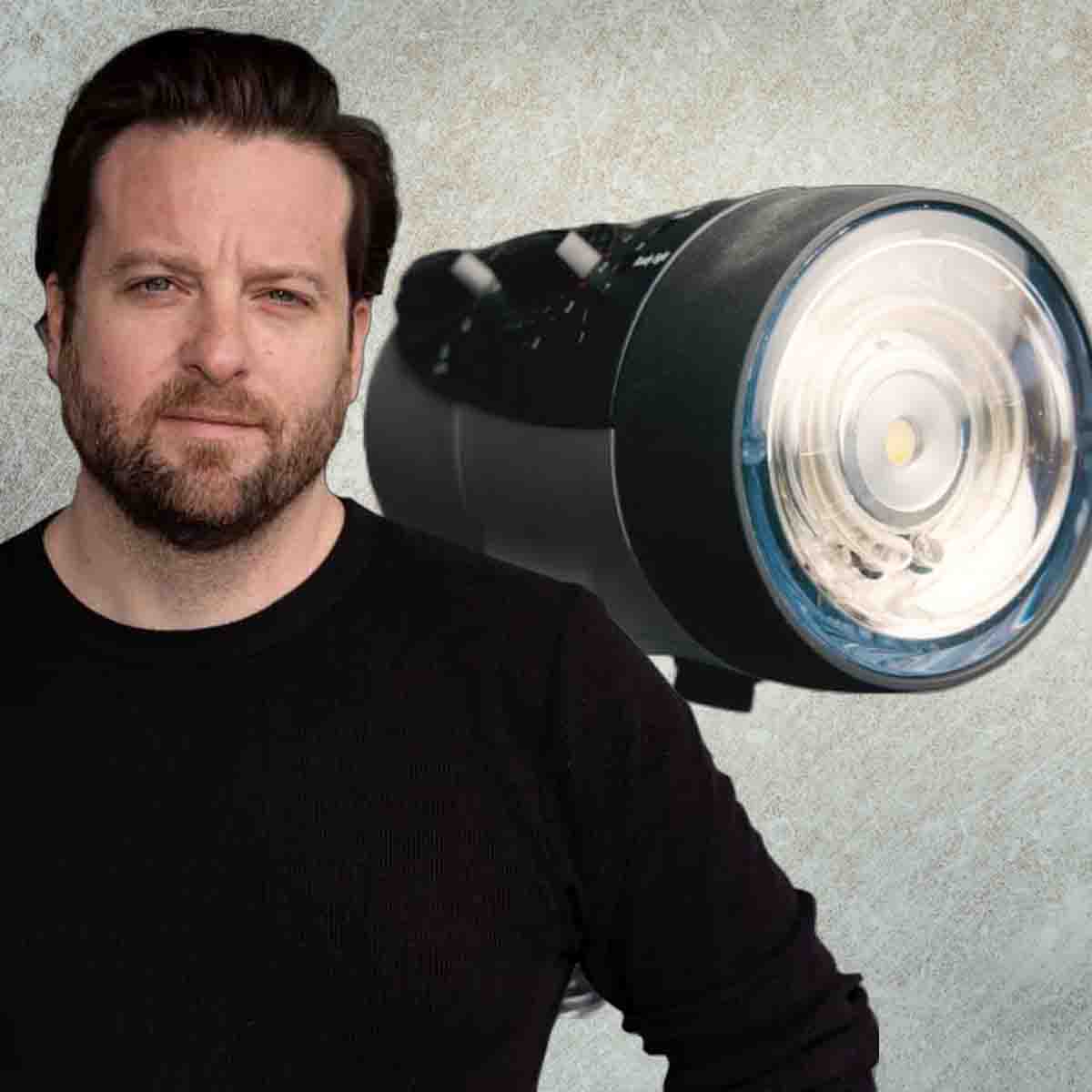
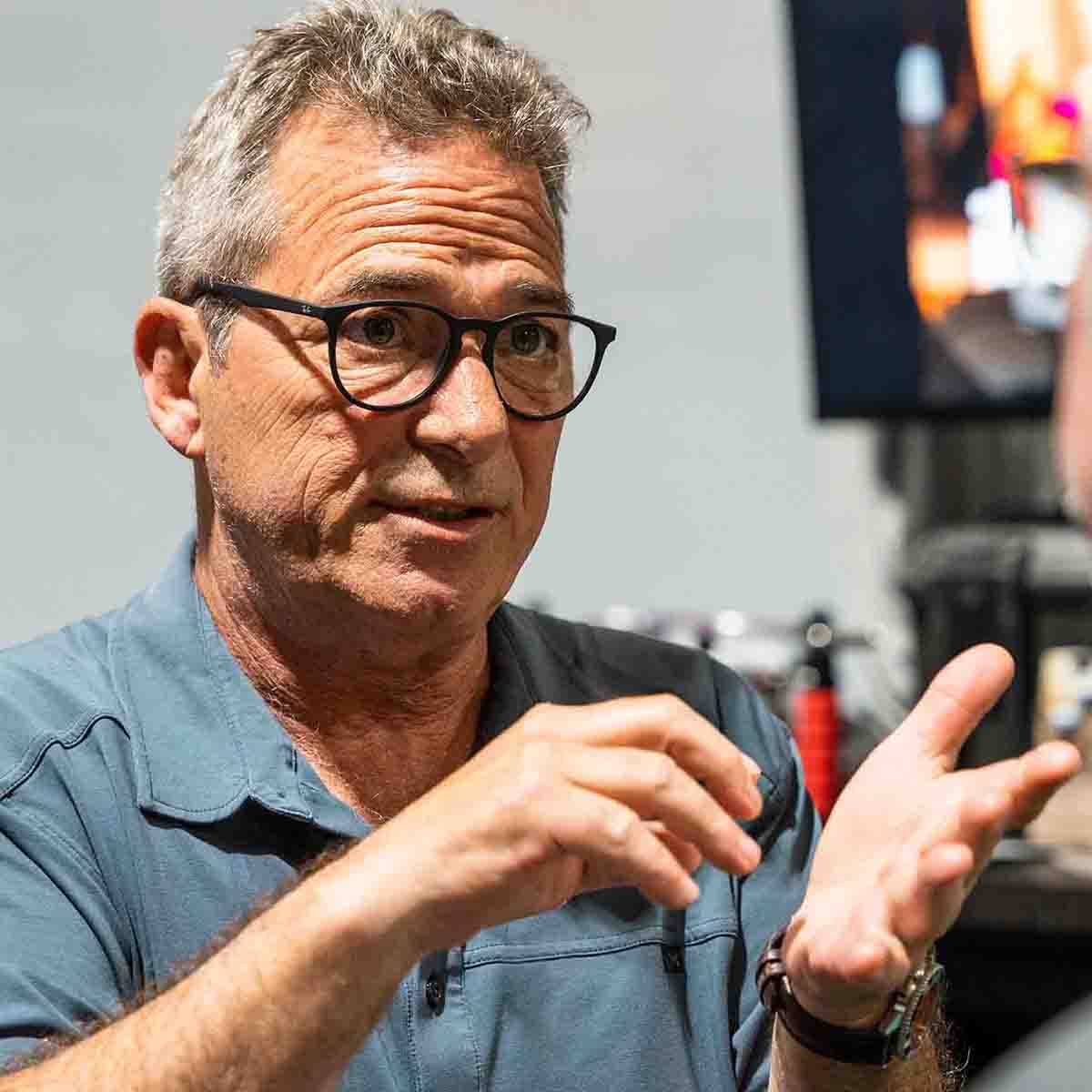
![Behind the Scenes // Scuba Diving Open Water Certification [VIDEO]](http://www.ikelite.com/cdn/shop/articles/dive-cert-1-cover.jpg?v=1688680622&width=1500)
